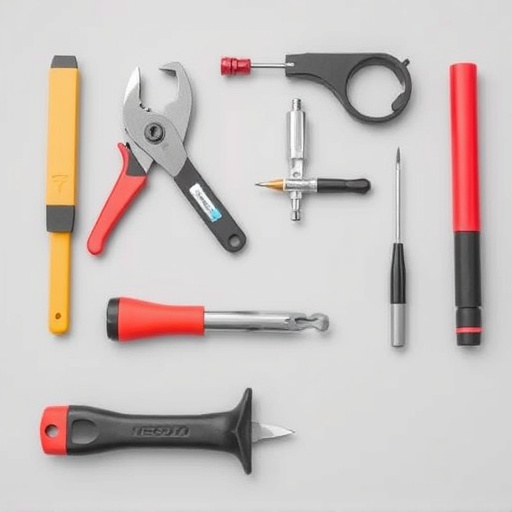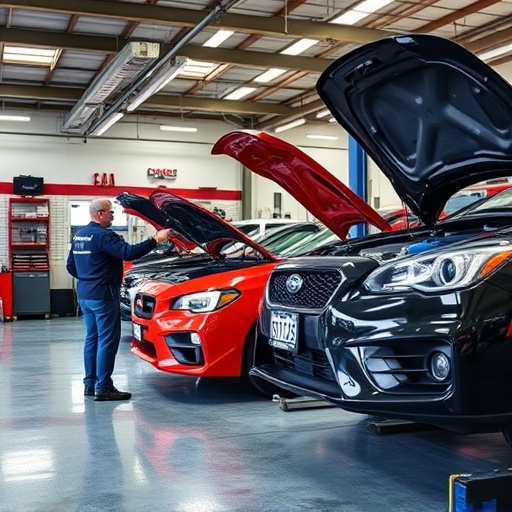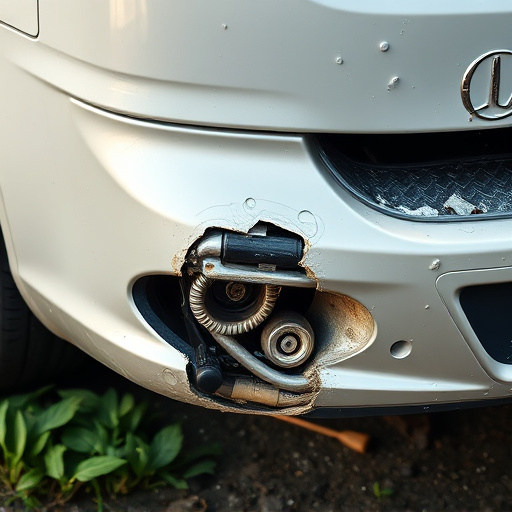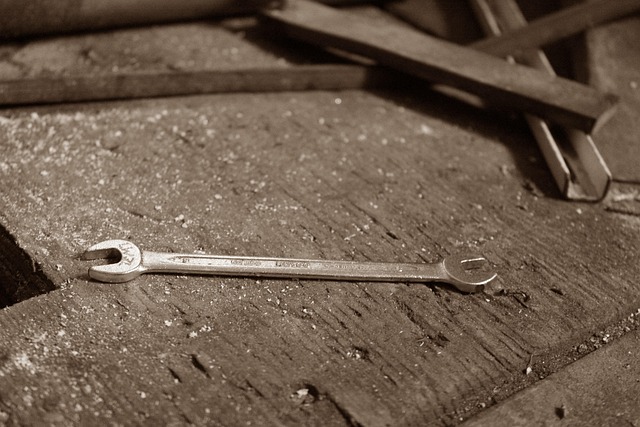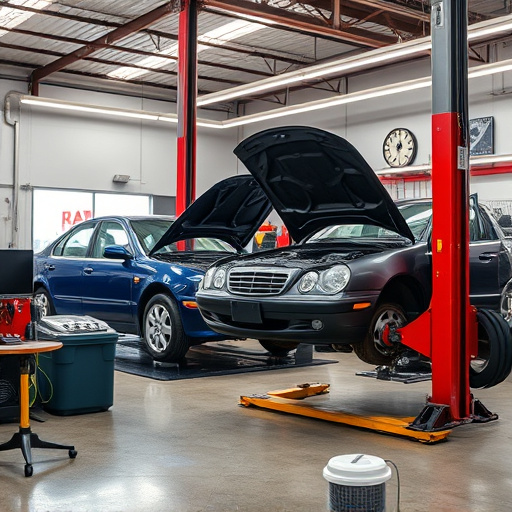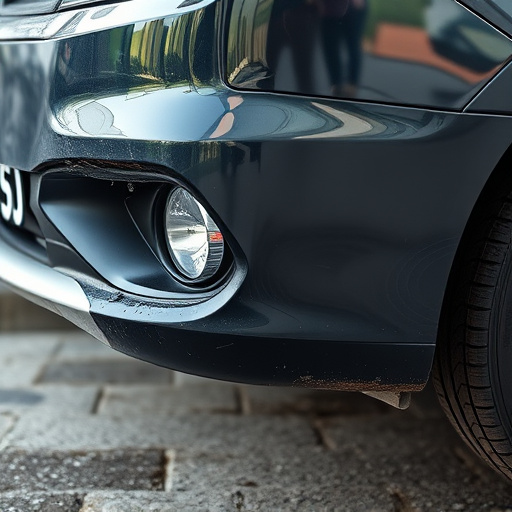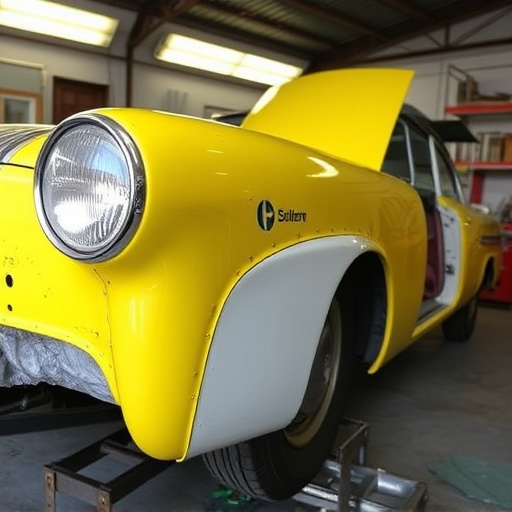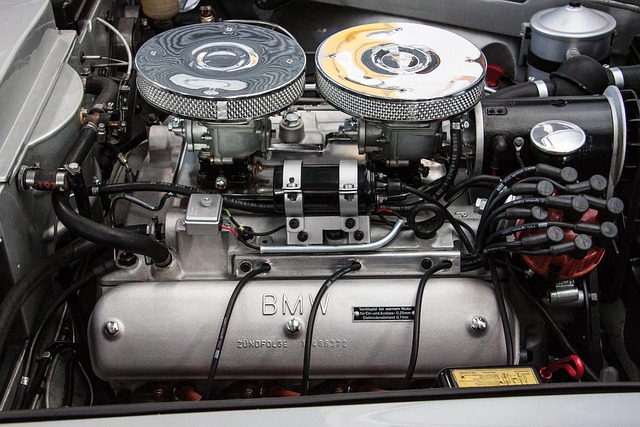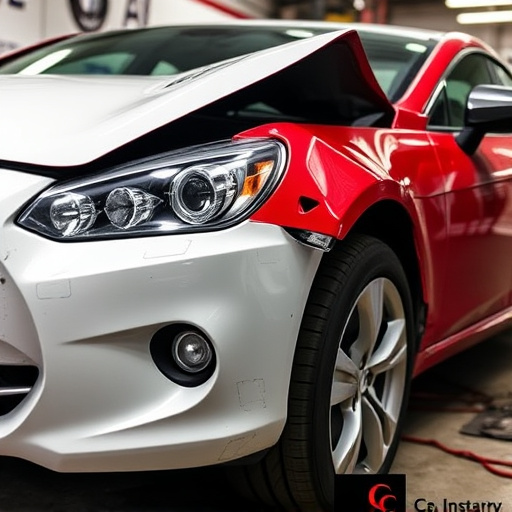Adopting recycled parts in collision repair offers environmental benefits, cost savings, and appeal to eco-conscious consumers. This strategy provides an economical alternative to new or OEM parts while maintaining quality and safety through rigorous testing by reputable suppliers. Recycled parts support sustainability efforts by minimizing waste and reducing demand for new components, making them a cost-effective and eco-friendly option for collision repair and classic car restoration projects.
In today’s eco-conscious world, recycled parts are not just a sustainable choice but also a smart option for collision repair needs. This article explores the multifaceted benefits of integrating recycled components into auto restoration processes. We delve into the environmental advantages, cost savings for repair shops, and stringent quality assurance measures that ensure safety without compromising on performance. By embracing recycled parts, collision repair professionals can contribute to a greener future while delivering top-tier repairs.
- Environmental Benefits of Recycled Parts
- Cost-Effectiveness for Collision Repair Shops
- Quality Assurance and Safety in Auto Repairs
Environmental Benefits of Recycled Parts
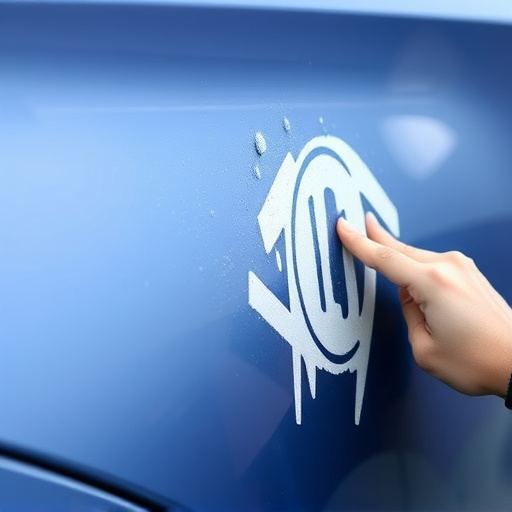
The use of recycled parts in collision repair offers significant environmental advantages. By utilizing salvaged components, auto body shops can reduce the demand for new manufacturing processes that often rely on finite resources and contribute to environmental degradation. This is especially beneficial for industries known for their high resource consumption, such as automotive. Recycling allows for a more sustainable approach, helping to minimize waste and the associated ecological impact.
Additionally, incorporating recycled parts into collision repair services can lead to cost savings for both businesses and consumers. These reclaimed components are often cheaper than new ones due to reduced production costs and lower material expenses. This pricing advantage, coupled with the environmental benefits, makes recycled parts an attractive option for eco-conscious auto body shops and their customers. Moreover, supporting tire services and auto repair services that embrace sustainability contributes to a greener future for the automotive industry as a whole.
Cost-Effectiveness for Collision Repair Shops
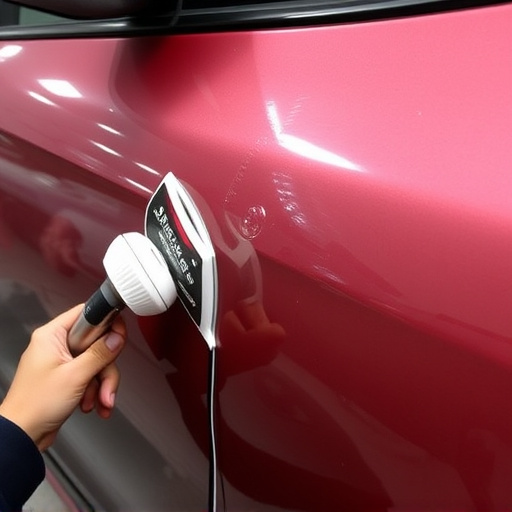
Collision repair shops constantly seek cost-effective solutions to stay competitive and offer quality services. Recycled parts have emerged as a game-changer in this industry, providing an economical alternative to new or original equipment manufacturer (OEM) parts. By utilizing recycled components, auto repair shops can significantly reduce their operational costs without compromising on the quality of repairs.
This cost-saving strategy is particularly beneficial for small and medium-sized businesses in the car damage repair sector. Recycled fender repair parts, for instance, allow them to offer competitive pricing to customers while maintaining profitability. This approach not only benefits the repair shops but also promotes sustainability by reducing waste and encouraging a circular economy within the collision repair industry. Auto repair services that incorporate recycled materials can stay agile and responsive to market demands, ensuring long-term success in a highly competitive environment.
Quality Assurance and Safety in Auto Repairs
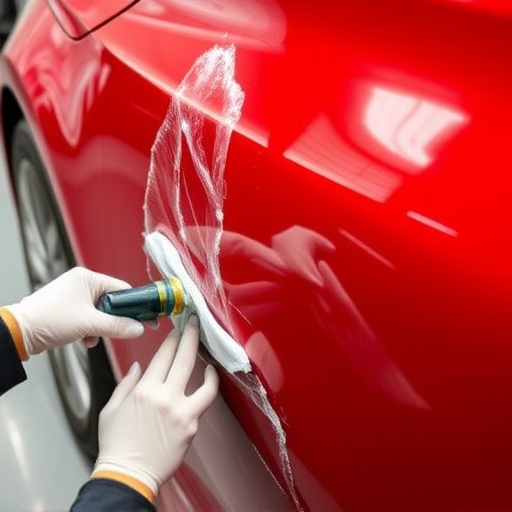
In the realm of auto repairs, ensuring quality assurance and safety is paramount. Using recycled parts for collision repair offers a unique advantage in this regard. Reputable suppliers meticulously inspect and test these parts, guaranteeing their structural integrity and performance. This rigorous process ensures that recycled parts meet or exceed original equipment manufacturer (OEM) standards, providing a safe and reliable solution for repairs.
Moreover, integrating recycled parts into collision repair practices supports sustainability efforts. By utilizing these parts, automotive shops can minimize waste and reduce the demand for new components, contributing to a greener environment. This approach is especially beneficial for classic car restoration projects, where authenticity and conservation are key, allowing owners to restore their vehicles while embracing eco-friendly practices. Additionally, recycled parts can be cost-effective, making high-quality repairs more accessible without compromising safety, particularly for hail damage repair or scratch repair scenarios.
Recycled parts offer a compelling solution for collision repair needs, combining environmental benefits with cost-effectiveness. As the demand for sustainable practices grows, using refurbished components can significantly reduce automotive waste and carbon footprint. Moreover, strict quality assurance measures ensure these parts meet safety standards, providing peace of mind for both repair shops and vehicle owners. Embracing recycled parts in collision repair is not just a responsible choice but also a strategic one, contributing to a more eco-friendly and economically viable future for the industry.
